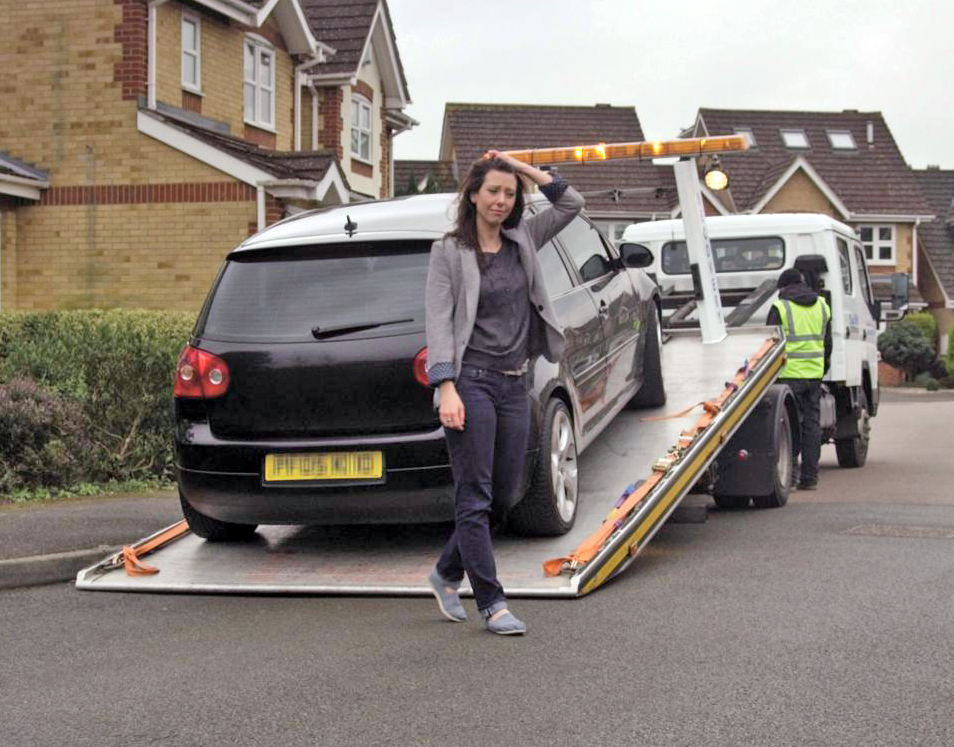
From time to time the Supreme Court of the United States makes a decision regarding a bankruptcy matter. Most recently the Court decided City Of Chicago, Illinois vs. Fulton in January of 2021. In this case, the city of Chicago repossessed a vehicle for failure to pay fines. Shortly thereafter the owner of the vehicle filed a Chapter 13 petition, and demanded a return of the vehicle under a provision of the bankruptcy code known as the Automatic Stay (11 U.S.C § 362). More specifically, 11 U.S.C. § 362(a)(3) prohibits “any act to obtain possession of property of the estate or of property from the estate or to exercise control over property of the estate.”
The Court recognized there was a split in authority regarding whether property had to be automatically returned upon the filing of a petition for bankruptcy, or whether it required a motion before the court for a turnover of the property. The Court ended up holding that 11 U.S.C. § 362(a)(3) essentially stopped any affirmative actions to repossess after the bankruptcy had been filed, and did not contain any affirmative provision to automatically return the property. That is, the creditor recognized the creditor was simply holding the property status quo. The procedure for the return of the property should be by motion to the court.
The Court also made it clear this decision was limited to 11 U.S.C. § 362(a)(3), and that there may be other provisions of the bankruptcy code by which the debtor may be able to demand a return of his vehicle, such as 11 U.S.C. § 542, but since that was not before the Court, the Court did not make a ruling as to the applicability of 11 U.S.C. § 542.
This ruling does not seem to have any effect on Florida which follows Bell-Tel Fed. Credit Union, consistent with City Of Chicago, Illinois vs. Fulton, which recognizes the turnover provisions of the bankruptcy code operate as to the property of the estate. In Bell-Tell the Court looked to see if the debtor still had legal or equitable interest in the property. In Bell-Tell the Court held that since the repossession occurred because the debtor breached his agreement with the lender (failure to make payments), the debtor only held a right of redemption, and legal ownership interest in the vehicle passed to the creditor upon the creditor taking possession pursuant to Florida; the vehicle was not part of the estate. If you have a vehicle, or other property that has been repossessed, or you think may be repossessed, I encourage you to seek the advise of a competent bankruptcy attorney in your state.